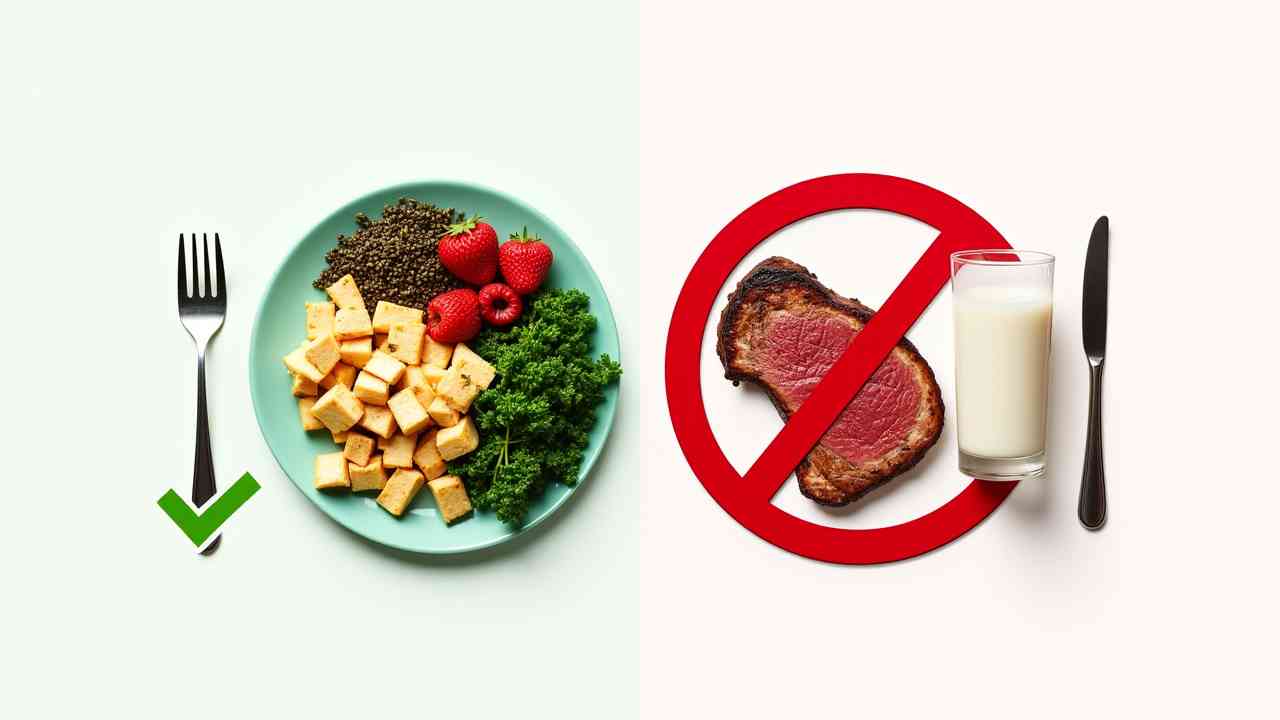
🌾 A Blood Type A Positive Diet Food List (The 'Agrarian' Plan)
🌾 A Guide to the Blood Type A Positive Diet Food List 🌾
❗ Important Medical Disclaimer: The Blood Type Diet is a controversial theory that is not supported by credible scientific evidence. The medical and nutritional communities do not endorse it. Always consult with a doctor or a registered dietitian before starting any restrictive diet. This guide is for informational purposes only and does not provide a downloadable PDF.
The Blood Type Diet, created by Dr. Peter D'Adamo, suggests that your blood type is the key to your health. For individuals with type A blood (positive or negative), the recommended eating plan is very specific. The blood type A positive diet is a largely vegetarian plan, reflecting the diet of what D'Adamo calls the "Cultivator" or "Agrarian" ancestors.
This guide will explain the theory behind this diet and provide the detailed food lists. Let's explore the recommendations for this unique approach to nutrition. ✅
🤔 What is the Theory Behind the Blood Type A Diet?
According to D'Adamo's theory, blood type A originated in early agrarian societies. He suggests that these ancestors thrived on a plant-based diet. This forms the foundation of the modern plan. The theory also posits that people with type A blood have more sensitive immune systems.
The diet's central concept involves proteins called lectins. D'Adamo claims that eating dietary lectins that are incompatible with your blood type can cause health problems. The diet is designed to avoid the specific lectins believed to be harmful to people with type A blood.
✅ What Foods Are 'Beneficial' on the Type A Food List?
The diet for blood type A is almost entirely vegetarian. It strongly emphasizes fresh, organic, and whole foods. It is a very clean and plant-forward way of eating. These are the foods to focus on:
- Plant-Based Proteins: Tofu and other soy products are highly recommended.
- Grains and Legumes: Many beans and legumes are encouraged. Lentils ("mercimek") are a fantastic choice, perfect for a warming autumn soup here in Bursa.
- Vegetables: A wide variety of vegetables is the cornerstone of the diet. Think of broccoli, carrots, and leafy greens like spinach and kale.
- Fruits: Many fruits are considered beneficial. Berries, figs ("incir"), and avocados are great options.
- Nuts and Seeds: Peanuts and pumpkin seeds are on the beneficial list.
🚫 What Foods Should Blood Type A Avoid?
This is the most important part of the diet. The theory claims that certain foods contain lectins that are particularly problematic for type A individuals. These are said to lead to inflammation, bloating, and other health issues.
The biggest foods to avoid on the blood type A positive diet food list are:
- Meat: All red meat is to be avoided. Poultry (like chicken, or "tavuk") is also on the avoid list.
- Most Dairy: Milk, butter, and many common cheeses ("peynir") are considered harmful.
- Certain Vegetables: Potatoes, tomatoes, peppers ("biber"), and eggplant ("patlıcan") are on the list to avoid.
- Certain Fruits: Bananas, oranges, and mangoes are considered problematic.
- What Does Modern Science Say About This Diet?
It is crucial to understand the scientific consensus. A major 2014 study published in the journal PLOS One found no evidence to support the blood type diet theory. The study followed over 1,400 adults.
The researchers found that while following the type A diet was associated with some health benefits (like lower cholesterol), these benefits were seen in everyone who followed it, regardless of their blood type. The conclusion is that the health benefits come from eating a plant-heavy, whole-foods diet and avoiding processed foods. The benefits have nothing to do with a person's blood type.
The blood type A positive diet can be a useful framework for clean eating. It encourages many healthy habits. However, its strict rules and the theory behind them are not backed by science. ⚖️